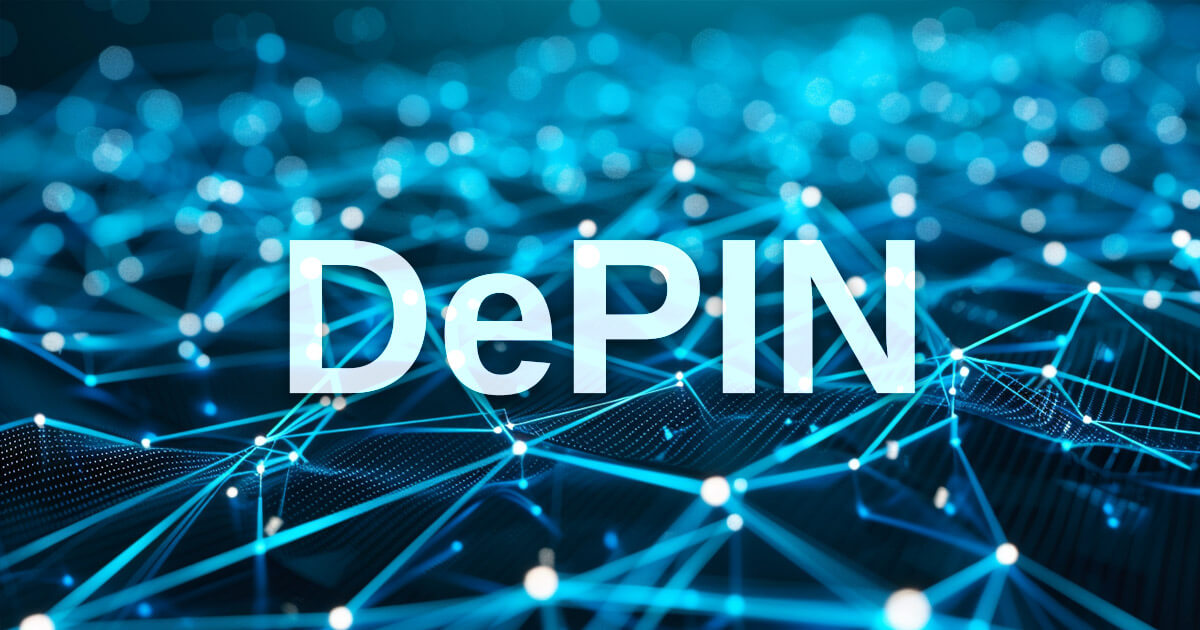DePIN Projects | Revolutionizing Physical Networks with Token Incentives

Decentralized Physical Infrastructure Networks (DePIN) represent a groundbreaking shift in how physical infrastructure is built, managed, and maintained. By leveraging blockchain technology and token incentives, DePIN projects decentralize the control and ownership of physical networks, ensuring that contributors and users alike benefit from their participation. This transformative model enables the creation of more inclusive and sustainable networks that address inefficiencies in traditional centralized systems.
The Core Principles of DePIN
At the heart of DePIN lies the principle of decentralization. These projects utilize distributed ledger technology to create systems where participants are rewarded for their contributions, whether through providing hardware, services, or data. Tokens incentivize individuals and businesses to join the network, ensuring that the infrastructure grows organically without relying on centralized entities. This participatory model fosters greater resilience and efficiency in managing physical networks.
How DePIN Differ from Traditional Models?
Traditional infrastructure models often rely on centralized corporations or governments to manage and control resources. This centralized approach can lead to inefficiencies, high costs, and limited accessibility. DePIN projects disrupt this paradigm by introducing a decentralized model where decision-making and benefits are shared among participants. Token incentives align interests and drive network expansion, offering a stark contrast to the top-down control of legacy systems.
Token Incentives Driving Adoption
The use of token incentives is a defining feature of DePIN projects. Tokens serve as a reward mechanism for participants who contribute resources or services to the network. Whether it’s providing bandwidth, hosting hardware, or sharing data, participants are compensated with tokens that hold real-world value. This approach creates a self-sustaining ecosystem where contributions are continuously encouraged, ensuring the growth and efficiency of the network.
Benefits of DePIN for Participants and Society
DePIN projects offer numerous advantages, not just for participants but also for society at large. For participants, these networks provide a new avenue for earning income through direct contributions to physical infrastructure. For society, DePIN fosters innovation, reduces reliance on centralized entities, and improves accessibility to essential services. The decentralized nature of these networks also enhances transparency and accountability, building trust among users.
The Future of DePIN Projects
As the world becomes increasingly connected, the demand for efficient, scalable, and inclusive networks will continue to grow. DePIN projects are well-positioned to meet this demand by providing a decentralized alternative to traditional infrastructure. Innovations in blockchain technology and tokenomics will further enhance the capabilities of DePIN networks, enabling them to transform industries and empower communities.
Conclusion
DePIN projects are at the forefront of a new era in physical infrastructure. By combining decentralization with token incentives, they are revolutionizing the way networks are built and operated. As these projects continue to evolve, they hold the potential to address some of the most pressing challenges in infrastructure development while fostering greater inclusivity, efficiency, and sustainability.
Post Your Ad Here